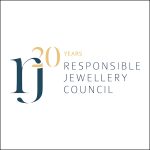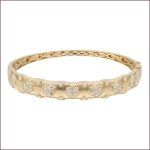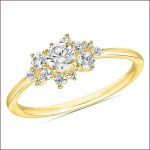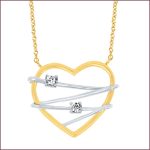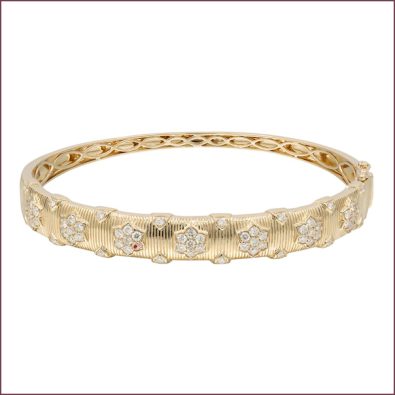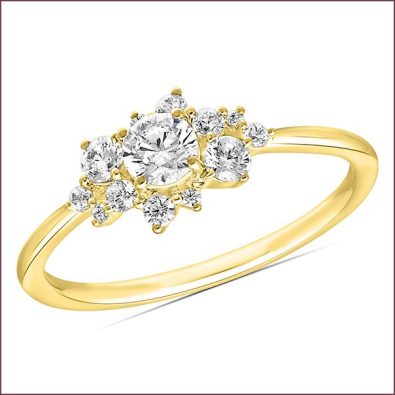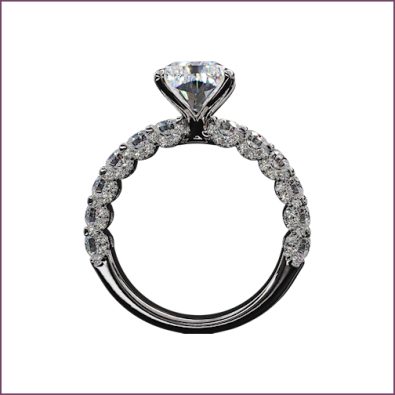Shift From Seasonal to Sentimental
Research and Market released its latest Global Personalized Gifts Market 2017-2021 report forecasting a 9% compound annual growth rate for the category during the next five years. The study reveals that one of the major drivers for market growing is the rise of a gifting culture.
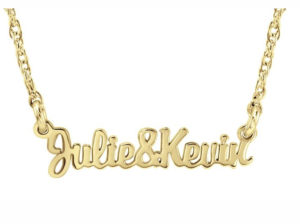 Today, consumers not only purchase items to gift others but also gift themselves, reports Laura Wood, senior manager for the Dublin-based firm. “Customizing gifts through personalization, configuration, or on-demand printing enables value- and differentiator-addition to gifts to make them unique.”
Today, consumers not only purchase items to gift others but also gift themselves, reports Laura Wood, senior manager for the Dublin-based firm. “Customizing gifts through personalization, configuration, or on-demand printing enables value- and differentiator-addition to gifts to make them unique.”
The report cites the major obstacle to real growth in the category is its seasonal nature. The global gifts industry is driven in large part by seasonal sales. Seasonal fluctuations in demand can affect inventory levels and cash flow of retailers. In markets like North America and Western Europe, the tradition of gifting is higher during the winter holidays, with sales spikes for holidays like Valentine’s and Mother’s Days.
But the findings suggest the need for a shift from seasonal to sentimental to get consumers gift shopping year round, and promote jewelry as the ideal gift to embody that movement. Jewelers who can successfully highlight items for the holidays and special occasions throughout the year will encourage customers to return often to buy more gifts and purchase things for themselves, says Eve Chiles with Breuning, Lawrenceville, Georgia. “That’s steady money in the bank!”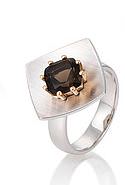
Presenting a year-round position that advocates a variety of reasons for giving the gift of jewelry will keep consumers regularly engaged and foster stronger customer relations, advocates marketing consultant Andrea Hill of the Chicago-based Hill Management Group. “Gifting is one of the best ways to get people into your store. More people come in to buy gifts than engagement rings.”
Reasons for Giving
The two biggest reasons consumers buy jewelry are birthdays and anniversaries, cites James Porte, president of Porte Marketing Group, Weston, Florida. “Someone is celebrating a birthday or anniversary every day of the year. Reminding customers about a gift of jewelry for these occasions keeps it top of mind—via Facebook posts, email, text, direct mail, or combination.”
Don’t just focus on traditional gift giving, advocates Alisa Bunger, director of sales, B88 Division of the Dallas-based Prime Art Jewel, Elle Jewelry. “Get creative in how you talk about and present gift-giving opportunities. There is an array of themes to explore—from bridal party and pregnancy push presents to back to school, retirement, and mid-life crisis gifts. Think of the most random opportunities to buy a gift and create fun presentations around them.”
Advocating “no reason as the best reason” for a special gift has a lot of potential in an era in which customers, particularly those under 40, seem fond of overthrowing convention in favor of personal expression,” says retail consultant Kate Peterson, president of Performance Concepts, Montgomery Village, Maryland. “It’s about ‘training’ customers to think of jewelry as the best representation of a thought, idea or feeling, whether it be based on style, color or any other defining characteristic.”
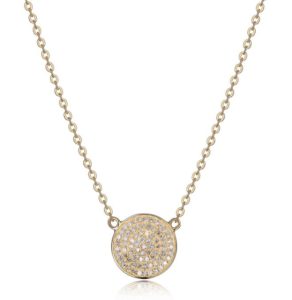 The focus should be on the why, advocates Peterson. “To be most useful to a client, the salesperson should be thinking in terms of why the item is right for that particular customer. What a gift giver might say when she/he says, ‘I chose this for you because…’ Or, what the self purchaser might say when complimented on a new piece: ‘I saw this and knew it was for me because…’”
The focus should be on the why, advocates Peterson. “To be most useful to a client, the salesperson should be thinking in terms of why the item is right for that particular customer. What a gift giver might say when she/he says, ‘I chose this for you because…’ Or, what the self purchaser might say when complimented on a new piece: ‘I saw this and knew it was for me because…’”
Celebrate the idea of giving, says Hill. Offer gift ideas and options, discuss the challenges of gift giving and how to overcome them, and encourage consumers to share their best gifts given and received.
Get Personal
Retailers need to focus on collecting customer data for a customized strategy of conversion. “Make it a quick pro quo,” says Porte, “and offer something in return like discounts, gift cards, or free services.”
There is great opportunity for retailers to promote jewelry as the perfect gift in that many other gift items are ‘take as is’, notes Peterson. “Jewelry allows for a high degree of personalization, from combinations to customization to complete custom design. That makes any gift for any occasion more reflective of the sentiment driving the purchase.”
The overarching trend in jewelry today is the drive toward personalization. This comes in many forms from iconic symbols and engravings to personalized options and complete custom design work. It also translates in how consumers style their jewelry with stacking and layering the leading trend.
Jewelry styles that tell a story about a person are bestsellers as gifts and self purchase, including charm bracelets and rings; iconic symbols like crosses, hearts and other talisman; initials, numbers and message jewelry; and birthstones, cites Andrea Maine, co-founder and director of Chrysalis, a Richline expandable bangle charm brand. Bunger adds stackable bands, bolo-style necklaces and bracelets, and ear studs with interchangeable jackets and drops.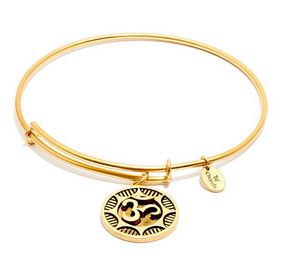
If you want “any time, for any reason” gifting to succeed Peterson advocates a broad range in style and price that stays true to your brand identity. “A store known for edgy, contemporary style might carry pieces made from platinum and diamonds alongside stainless steel and granite in prices from $50 to $50,000. The common denominator is the look and style.”
